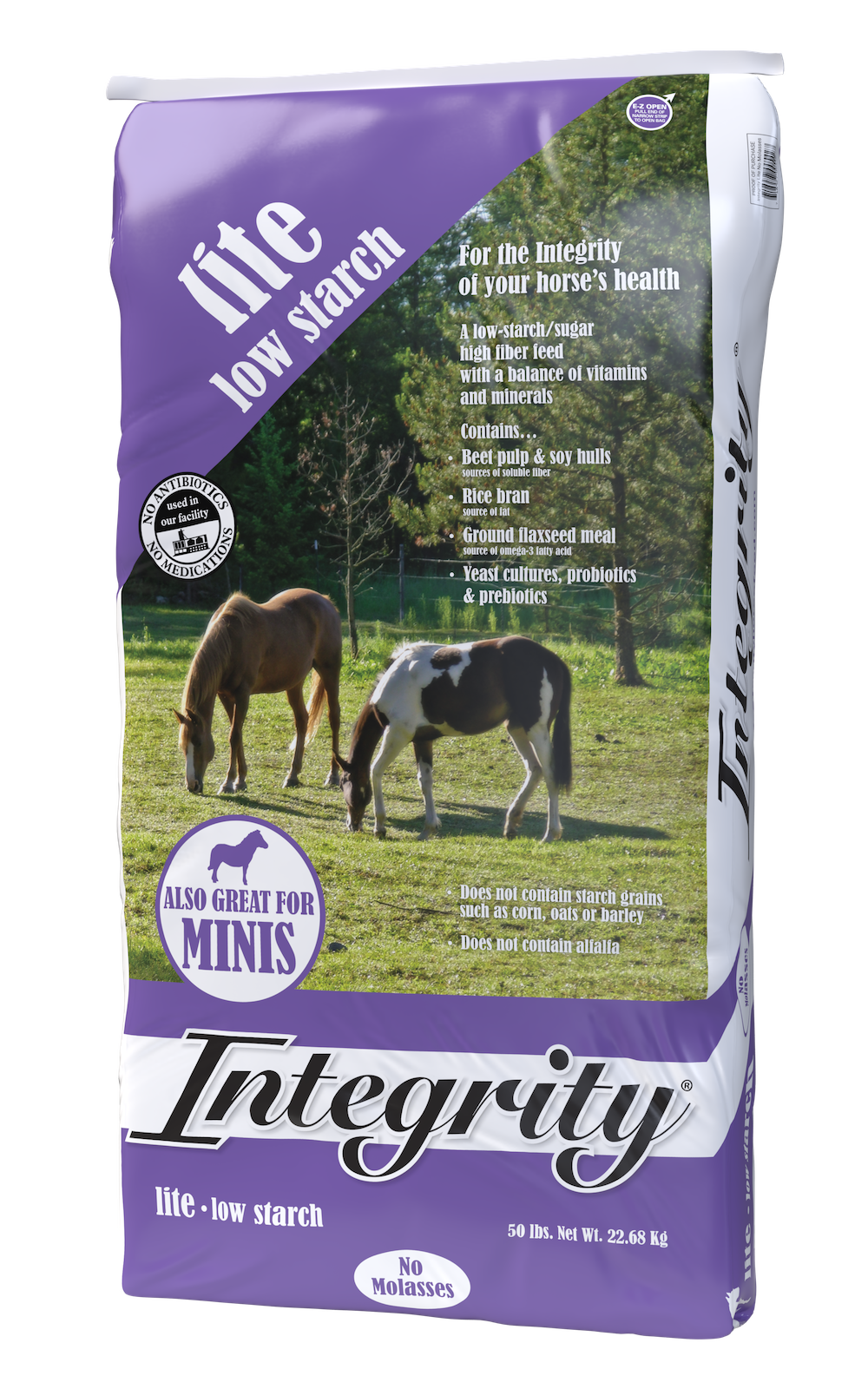Five Essential Winter Tips
Horses need to be cared for differently during the cold winter months. Experience, region of the country, facilities, and the type of horses are all factors that influence winter preparations. These five tips are a good starting point for properly caring for your horses during the winter.
- Does he really need a blanket?
Blankets limit the natural hair growth that protects from cold and moisture. Let the natural hair growth develop and be sure you are routinely grooming. Hair coats and shelters are better protection then a blanket and there are safety issues with blankets. - Cold drinking water
Horses drink less when the water is cold. Less water intake slows the movement of food through the gut, influences the gut’s pH which changes the microflora. Water troughs need a heating element and automatic water systems should not be an option. Horses drink less from automatic systems and even less during the winter. - Feed more hay
Long-stem hay (bale hay) forces the gut to contract with more vigor, enticing the horse to drink more water if it’s not too cold. When the gut works more, cellular activity is higher which generated body heat. Skip the hay pellets and cubes—feed long-stem hay.Integrity Lite is a high fiber (20% crude fiber) balanced formula and will contribute to the gut contracting with more vigor and consistency. - Remove the shoes
If you don’t ride on a regular basis in the winter then get rid of the shoes. Shoes restrict the natural mechanisms of the hoof that help blood flow and tissue health. Sometimes the winter dryness causes brittle hooves. Give the hooves a break! - Leave the barn doors open
If you close the barn shutters & doors, the temperature will not be warmer than the outside and can be colder during sunny cold days. Horses produce volumes of daily waste and ammonia vapors from waste products linger. Horses need ventilation from the ammonia vapors, the sun rays on their body and movement of their body parts. Poor air flow in the barn over time can affect respiratory health.

